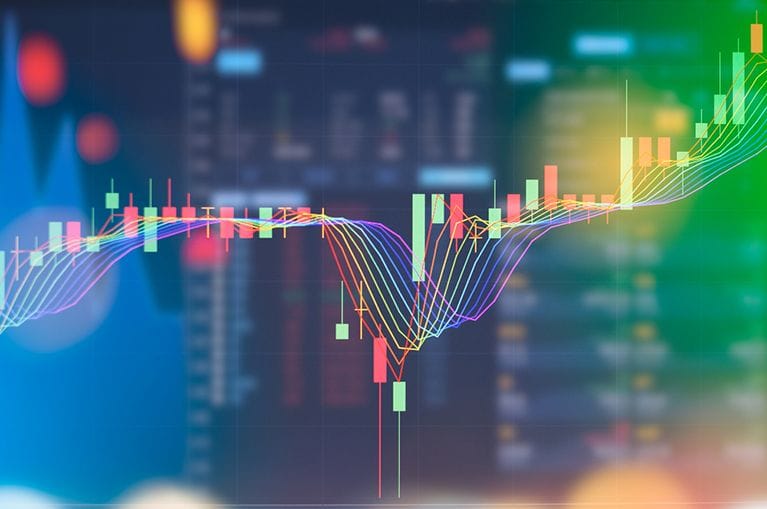
And here you are, making your first steps in trading forex CFDs online. How has it been so far with educating yourself? It may seem a lot and possibly hard to digest all these new terms and trading jargon but let me tell you – a whole new world awaits out there to be explored!
If approached with responsibility and preparation, trading CFDs can be an exciting and potentially profitable journey. Unfortunately, many traders skip some fundamental learning steps and jump straight in live trading. Apart from the basics of doing your reading, choosing your broker wisely and starting off with a demo account, we have compiled a list of tips that may help beginners avoid issues arising along their online CFDs trading journey. Let’s get into the nitty-gritty stuff!
1. Get to know your market
Some novice forex traders skip on doing some basic research on their market and start trading without sufficiently knowing their chosen currency pairs and how these may be influenced by certain global events. The key is to learn your market and how other financial markets impact each other. This will help you make more informed trading decisions and will also give you an advantage on judging the various events taking place around the world.
2. Set up your trading strategy
Before placing your first trade cfd, you should consider establishing your own trading strategy and style. It is of utmost importance to observe the market and start identifying patterns beforehand. In order to form your strategy when trading CFDs online, you should first answer the following questions:
– How frequently are you going to be trading?
– What time of the day are you planning to trade?
– Which technical indicators will you be using?
– Are you going to follow trading signals?
– Which is your estimated risk/reward ratio for each trade?
– What will be your stop limit targets to protect your capital?
3. Manage your capital
The main difference that sets apart an experienced trader from a beginner is the way they manage their funds. A recommended practice is to set a specific amount of capital that you are willing and can afford to risk and don’t change it depending on whether a trade is going in your favour or against you.
Another tip is to keep a close eye on the leverage you are using. Forex is usually traded with high leverage and this can be alluring. But remember – leverage may be maximising potential profits but at the same time, if the market doesn’t move in your favour or as you predicted, it may maximise your potential losses
4. Monitor your positions
It is important to monitor your exposure in the forex market. Keep a close eye on your trades and also stay up-to-date with all market developments. Don’t forget that forex is a 24-hour market and operates around the clock.
In instances where you are unable to closely follow your trades, you can make use of Stop Loss and Take Profit targets. That way, you can open your positions and they will close automatically once these targets are reached.
5. Be disciplined & control your emotions
Last, psychology plays a very important role in a successful trading journey. As a rule of thumb, you need to stick to your trading plan and not randomly decide your trades on the spot. Easier said than done but try and take emotions out of all this – keep calm and remain focused on what you want to achieve. And don’t aim to get “rich” quickly. The heat of the moment is easy to take over but try to focus on the trading process, sticking to your plan and don’t panic if you lose a trade. This is what differentiates experienced traders from beginners and that’s where you need to aim to.
Risk warning: CFDs are complex instruments and come with a high risk of losing money rapidly due to leverage. 75.12% of retail investor accounts lose money when trading CFDs with this provider. You should consider whether you understand how CFDs work and whether you can afford to take the high risk of losing your money.
Tradersdna is a leading digital and social media platform for traders and investors. Tradersdna offers premiere resources for trading and investing education, digital resources for personal finance, market analysis and free trading guides. More about TradersDNA Features: What Does It Take to Become an Aggressive Trader? | Everything You Need to Know About White Label Trading Software | Advantages of Automated Forex Trading








